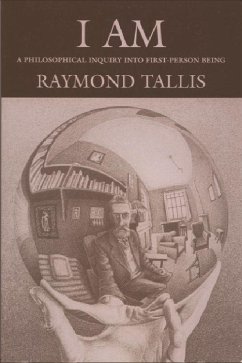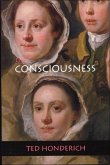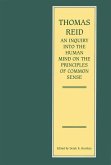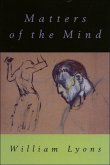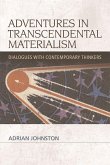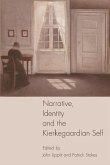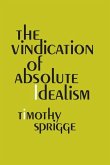In The Hand, the first volume of his trilogy, Raymond Tallis looked at how humans have avoided the constraints of biology. I Am focuses on two crucial aspects of the escape from being a mere organism: selfhood and agency. These originate in what Tallis calls the existential intuition - the sense 'That I am this' - within the human body. The nature and origin of the existential intuition is outlined and related to the certainty of existence that Descartes established through his Cogito argument. The body is the primary reference point for the sense 'That I am this'. Raymond Tallis describes the logical and existential necessity of embodiment and the complex relationships we have to our bodies. Exploring issues such as being, using, having, suffering and knowing. He argues that bodily continuity and psychological connectedness through memory requires the existential intuition to underpin an enduring self. The self-realizing intuition 'that I am this' creates a new point of departure in the physical world. This enables people to originate their acts and establish a vantage point from which they are able to influence the course of events. Full of fascinating insights into the nature of personal identity, I Am offers an entirely new way of reconciling human freedom with the deterministic universe in which humans act. Key Features * Addresses fundamental philosophical questions * Approaches these questions from a novel view point * Reconciles Darwinism with Humanism * A major attempt to redefine what it is to be a human being and the scope of human possibility

